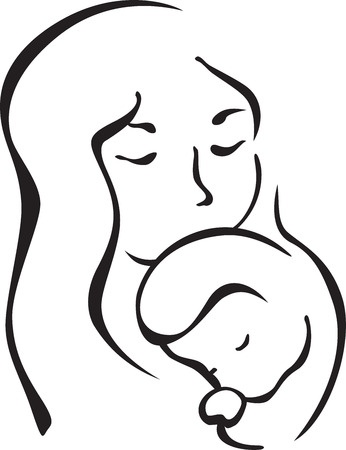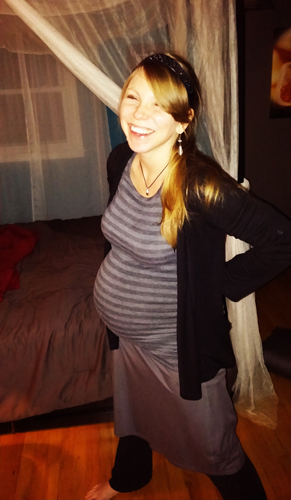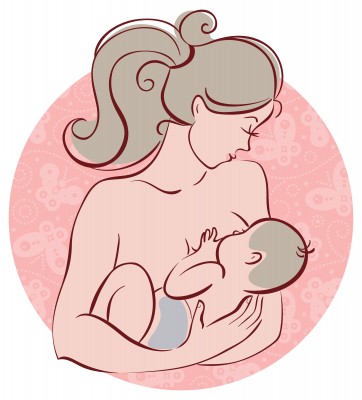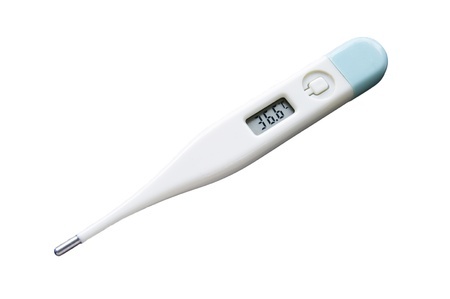Moving Toward Contentment (Guest Post)
Today’s guest post comes from a local friend and writer, Leah Dunham. She is sharing her all too common story of her postpartum period. Thanks Leah, for the courage to tell your story. As a child I often imagined myself as a capable mother. My sister and I played “house” with our cabbage patch dolls for …








